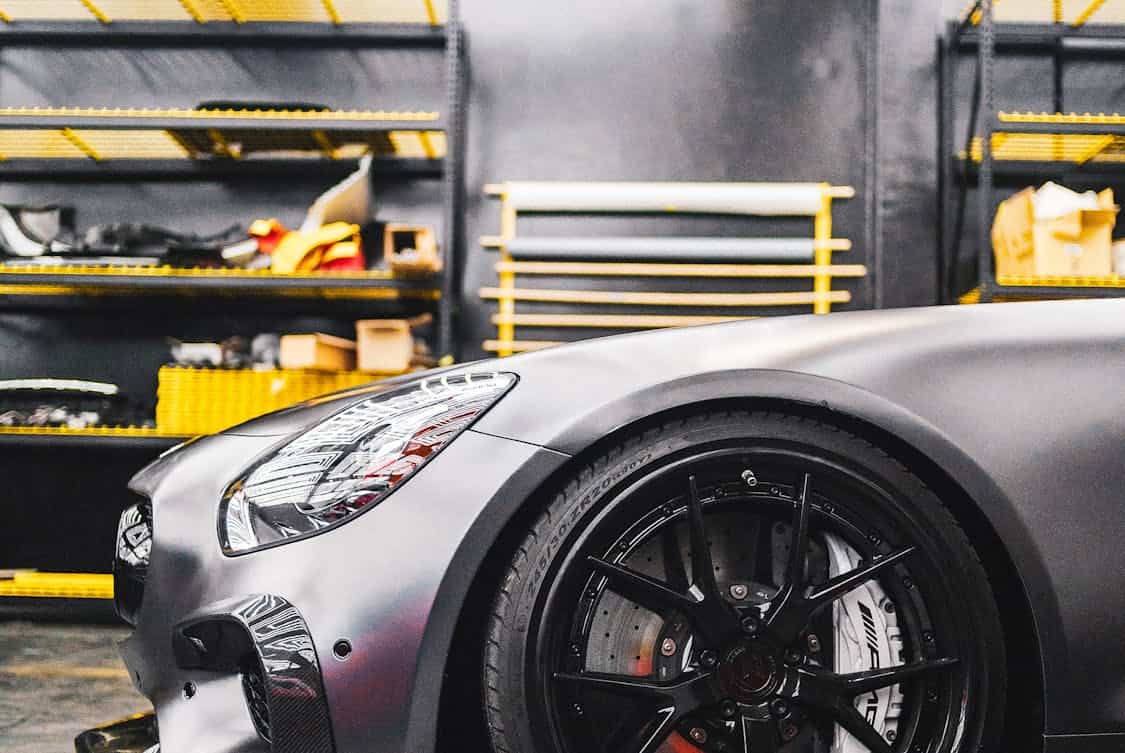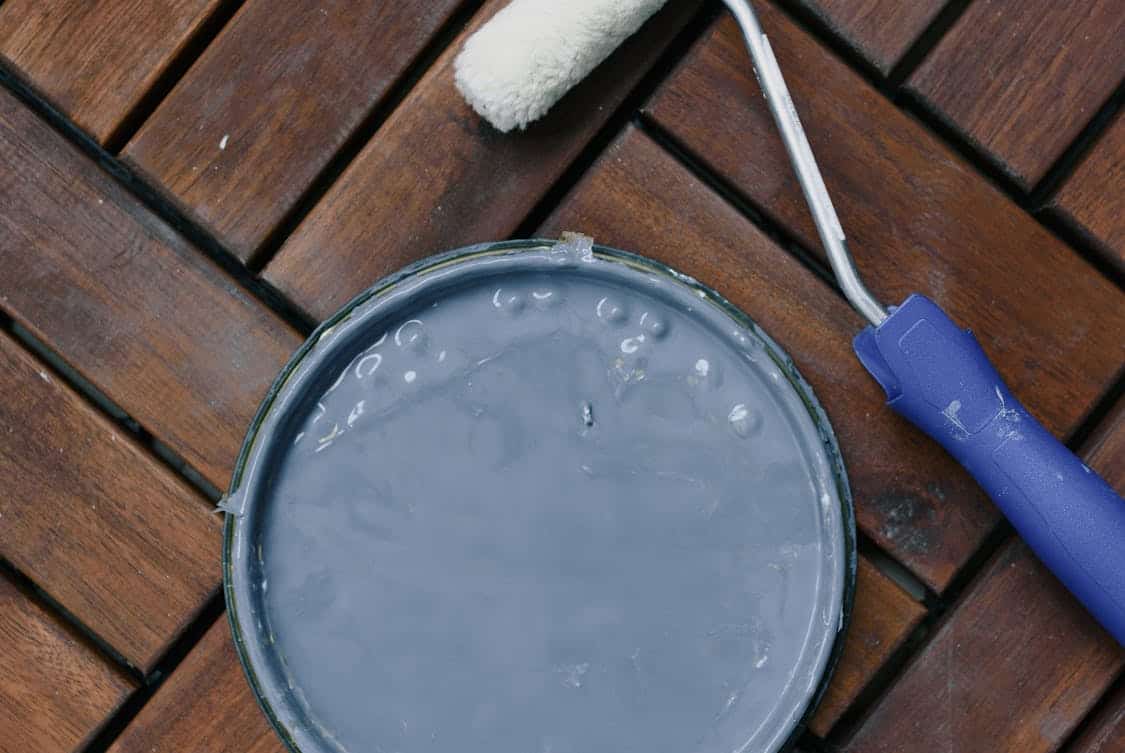
When it comes to maintaining a garage, one of the most common concerns for homeowners is the unsightly tire marks that can accumulate over time. Whether you’re parking your car, using the garage as a workspace, or even just passing through, those streaks can be frustrating.
The good news is that many people turn to garage floor coatings as a potential solution. But the question remains: do these coatings actually resist tire marks? Let’s explore this topic in detail.
Understanding Garage Floor Coating
Garage floor coatings come in various types, including epoxy, polyurethane, and polyurea. Each has its own unique properties and benefits.
Epoxy is often the go-to choice due to its durability and resistance to stains. Polyurethane offers flexibility and chemical resistance, while polyurea is known for its quick curing time and resilience.
These coatings are designed not just for aesthetic appeal, but also for functional protection. By creating a barrier between the concrete and the elements, these coatings can help prevent damage from spills, stains, and yes, tire marks.
The Science Behind Tire Marks
Before diving into how effective these coatings are at resisting tire marks, it’s essential to understand what causes these marks in the first place. Tire marks generally come from the rubber of the tires interacting with the surface of the floor.
Heat generated from the friction of driving in and out of the garage can soften the rubber, leading to transfer onto the floor surface.
The extent of this transfer can vary based on several factors, including the type of tire, the weight of the vehicle, and the temperature of the floor. Thus, a garage floor coating that can withstand higher temperatures and reduce friction is likely to resist marks better.
Epoxy Coatings: A Popular Choice

Epoxy coatings are particularly popular among homeowners looking to improve their garage floors. They are known for their durability and resistance to various chemicals.
When properly applied, epoxy creates a hard, smooth surface that can make it more challenging for tire marks to stick.
However, no floor coating is entirely impervious. Under significant heat and pressure, even epoxy can show some wear and potentially allow for tire marks. The quality of the epoxy and the application process play a crucial role in its effectiveness against tire marks.
Polyurethane Coatings: A Flexible Solution
Polyurethane coatings offer a more flexible alternative to epoxy. This flexibility can help absorb the impacts and movements of vehicles, which in turn could help mitigate the transfer of rubber onto the floor.
Some manufacturers claim that this type of coating can provide better resistance to tire marks, especially under varying temperatures.
Much like epoxy, the performance of polyurethane coatings depends on the conditions and the specific product used. A high-quality polyurethane coating, applied correctly, can effectively resist tire marks.
Polyurea Coatings: Quick and Tough
If speed is of the essence, polyurea coatings are the fastest to install. They cure quickly and create a very hard surface. This speed doesn’t come at the cost of performance; polyurea is highly resistant to damage and can withstand extreme conditions.
Some users report that polyurea coatings tend to resist tire marks better than both epoxy and polyurethane. This might be due to their chemical composition and the way they bond with the concrete surface, creating a tough layer that can withstand the heat generated by tires.
Factors That Affect Resistance to Tire Marks
While the type of coating is significant, several other factors can influence how well a garage floor resists tire marks.
- Temperature: The heat generated by tires can affect how well any coating performs. A hot day can significantly increase the likelihood of marks, regardless of the floor treatment.
- Tire Composition: Different tires are made from various rubber compounds. Softer tires tend to leave more marks than harder ones.
- Weight of the Vehicle: Heavier vehicles exert more pressure on the floor, which can increase the chances of tire marks appearing.
- Application Quality: How well the coating is applied matters immensely. Poor application can lead to weak spots where tire marks can develop. To avoid these issues and ensure a flawless finish, many homeowners choose to work with professional garage floor coating specialists who bring the tools and experience needed for long-lasting results.
Maintenance and Care
Even with a quality coating, maintenance plays a significant role in keeping your garage floor looking new. Regular cleaning can help remove dirt and debris that can contribute to tire marks.
Using a gentle pH-neutral cleaner is advisable. Harsh chemicals can degrade the coating and might inadvertently encourage tire marks. Keeping the tires clean can also help reduce the transfer of rubber onto the floor.
Real-World Experiences
Many homeowners have shared their experiences concerning garage floor coatings and tire marks. Some find that while their chosen coating does help resist marks, it is not a complete solution.
Regular maintenance and care are often highlighted as complementary strategies to keep floors looking pristine.
Others have opted for a combination of coatings or have installed tile or epoxy flakes. These textured surfaces can provide additional grip while also making tire marks less visible.




